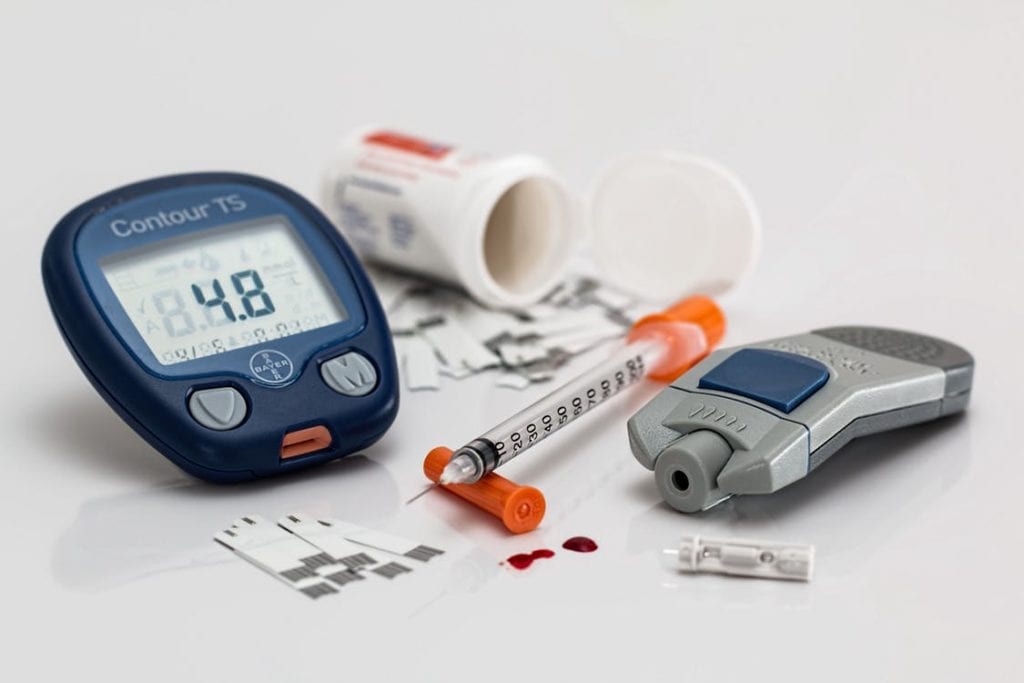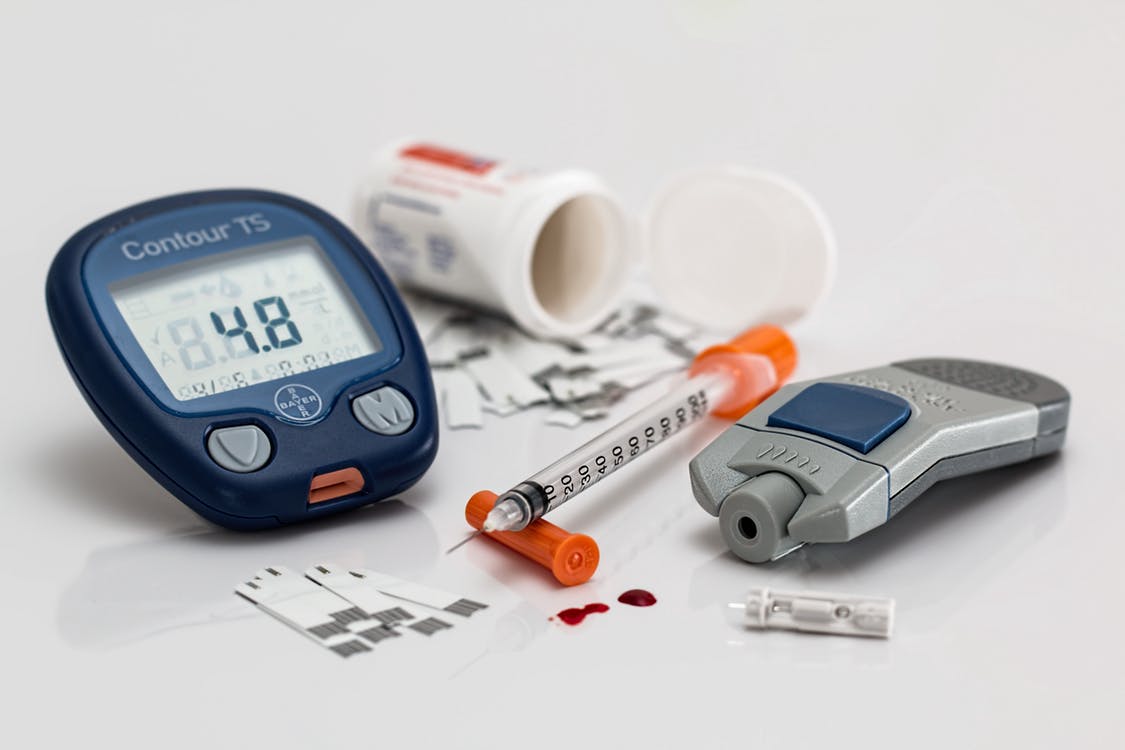
These are exciting times. Technological advances are touching every sphere of the human existence. Transport, food, entertainment and most importantly, health. With nagging conditions still rebuffing the advances of science, it is important to take stock of the progress being made in other areas.
These are in the areas of gene therapy, organ replacement, among others. With the gap between science and fiction fast closing, we are about to see unprecedented times in which things we thought impossible become commonplace. The ultimate frontier when it comes to health is how to beat age.
We are not quite there yet but if we can manage to get a human to live disease free for 100 years, that would be considerable progress. While there are dozens of advancements to expect in 2018, here are our top three picks that we think will be truly revolutionary.
Gene Editing Technology
CRISPR is a gene editing technology that has recently experienced tremendous success and media attention. The technology uses a series of steps to detect and correct genetic mutations that cause diseases such as heart disease.
While there is some skepticism rising about CRISPR’s success, the community is still zealously awaiting further development.
The excitement behind this technology is that it has been successfully demonstrated on embryos, although the embryos were not implanted. What is exciting is that it may be possible, soon, to edit-out genetic mutations for any genetically-passed disease from the DNA of future generations.
That is truly astounding because it goes beyond trying to treat diseases and simply prevents them from occurring in the first place. Think of the end of cancer, diabetes, and dozens of other genetic diseases. This technology alone may singlehandedly end disease as we know it.
Telehealth: The Future of Medicine
Telehealth is the ability to seek and receive medical services remotely. While this does include audiovisual methods, the real development we will see here is smart sensors embedded on the human body able to send real-time information to healthcare providers.
Think of a device that can measure your heart rate, blood sugar, and a host of other vitals, which updates your doctor in real time. Also think of a situation where your doctor can run tests remotely using the same device. You would hardly have to visit the doctor any more. The device would also be able to instantly diagnose your condition, order drugs and have them delivered to your doorstep.
The device can also inform your insurance company of the details to arrange for all required payments. This is an advancement that has the potential to transform how people seek for and receive medical care.
These and other exciting advancements have the potential to not only increase the quality of life of humans, but also prolong lifespans. There are indications that the human lifespan, in the next 50 years or so, will be comfortably extended to 120 years.
In the next 100 years, we may see the dawn of a time when humans live to over 200 years. Zooming in back to today, these advancements may be just what humans need, to tackle the new millennium.
The Hybrid Closed-Loop Insulin Delivery System
Diabetes currently affects slightly over 29 million Americans today. A further 8 million may be going undiagnosed. The cost to the economy in terms of treatment, management and productivity costs are staggering.
Websites such as https://medtruth.com/ are helping lead the charge in debunking diabetes truths and myths and get more people tested. The truth is, however, that much more can be done. One amazing advancement that could change the fate of millions of diabetes patients is the artificial pancreas or the Hybrid Closed-Loop Insulin Delivery System as it is technically known.
This amazing technology finally merges the glucose monitoring device and the insulin pump. Currently, these are decoupled in an open loop, and patients must manually measure the glucose levels and then inject the required amount of insulin.
In the closed-loop, these two are coupled and function like a natural pancreas. The glucometer continuously measures the level of sugar in the blood and the pump dynamically release insulin into the bloodstream.
